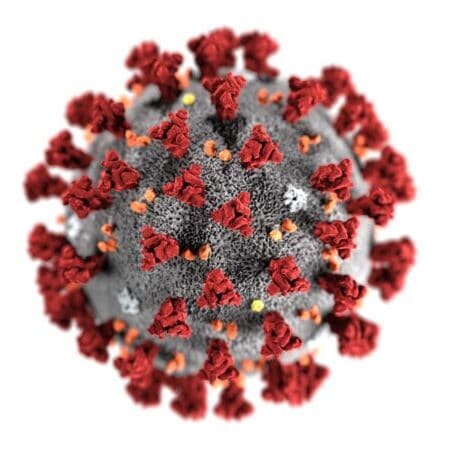Blood tests for SARS-CoV-2 can identify patients at high risk. Covid-19 patients with negative blood RNA tests have a good chance of rapid recovery—according to researchers at Karolinska Institute and Danderyd Hospital—the findings are published in the scientific journal Clinical Infectious Diseases on August 28, 2020 (Hagman et al., 2020).
Identifying severe patients during hospital admission has great importance for clinicians. It helps caregivers determine patients who need urgent attention. Patients with comorbidity like hypertension, diabetes, obesity, the renal disease usually develop severe symptoms like shortness of breath, chest pain, inability to stay awake, and confusion. Recent findings show that by conducting blood tests for IL-6, D-dimer, CRP proteins, physicians can identify severe patients.
However, few studies have tested blood samples for RNA tests to determine severe patients.
Positive Blood SARS-COV-2 Predicts Severe Symptoms
In this study, the researchers collected blood samples from the patients with confirmed Covid-19 infection within three days of admission to the Danderyd Hospital, Sweden. Patients with positive SARS-CoV-2 in blood showed seven times more likely to develop severe symptoms and eight times more likely to die within 28 days compared with the negative patients.

“This readily available test allows us to identify patient groups at high or low risk of severe COVID-19, which enables us to better guide the treatment and monitoring of these patients”, says Karl Hagman, the lead author of the paper also a doctoral student at Karolinska Institutet’s Department of Clinical Sciences at the same hospital.
The researchers recruited 167 patients admitted to the hospitals from April 10 to June 30, 2020. Then, they analyzed blood samples collected from all patients using a standard PCR test. Of the total 167 patients, 61 patients showed RNA positive. Within 28 days, 25% of the positive patients (N=15) died.
On the other hand, only 3 of the total 106 patients who did not show RNA positive in blood samples died from the same period. The presence of the virus SARS-CoV-2 in the blood increased with age and was much more common in patients over the age of 60—the study found.
In summary, the authors mentioned that SARS-CoV-2 RNA in serum at admission to hospital is associated with a seven-fold increased risk of progression to critical disease and an eight-fold increased risk of death.
They suggest, PCR positivity in serum at admission is a ‘predictor for risk of progression to critical illness and identifies a group of patients to whom treatment should be prioritized in a setting with limited drug availability.




















